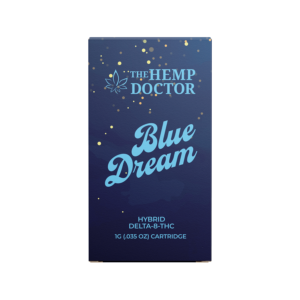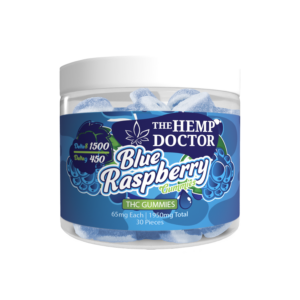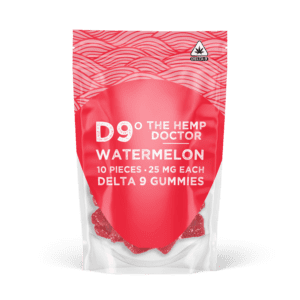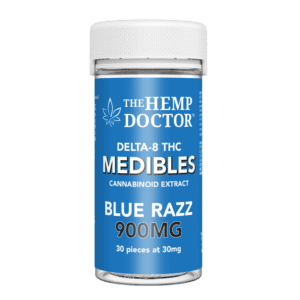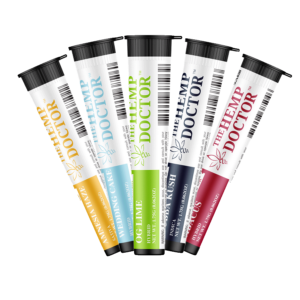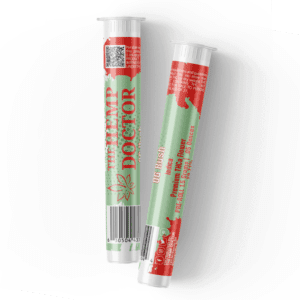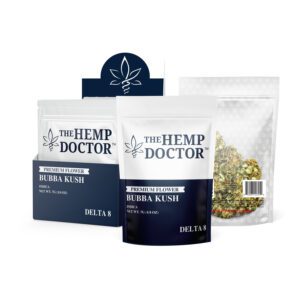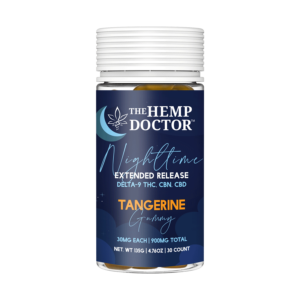As the legalization of marijuana gains more traction across the United States, there has been an uptick in different types of marijuana like products available. One type that is becoming increasingly popular is something called THC-a flower. This form of cannabinoid is legal in many states, but it’s important to understand exactly what it is and its legality before deciding to choose this product.
What Is THC-a Flower?
THC-a flower is a form of cannabis that contains tetrahydrocannabinolic acid (THC-a), which is the non-psychoactive precursor to the psychoactive compound tetrahydrocannabinol (THC). The fact that is rich in tetrahydrocannabinolic acid (THC-a) and low in delta-9-tetrahydrocannabinol, or Delta 9, makes it legal. THC-a has all the therapeutic benefits of THC without any of the mind-altering effects. For this reason, hemp growers have cultivated high levels of THC-a in their crops for years.
The legality of THC-a Flower according to DEA and USDA
Short answer to whether THC-a flower is legal or not is — Yes. However, this is a complex issue because The United States Department of Agriculture (USDA) and The Drug Enforcement Administration (DEA) don’t see eye to eye on certain things.
According to the 2018 Farm Bill, the only defining characteristic between legal hemp and criminal marijuana is its Delta 9 THC content. According to the 2018 Farm Bill, “hemp” is defined as having less than 0.3% of the psychoactive compound delta-9-tetrahydrocannabinol (THC-a) and more than 0.15% of the psychoactive compound cannabidiol (Delta 9 THC) per dry weight. The Drug Enforcement Administration says that cannabis products that fit this description are legal.
The US Drug Enforcement Agency (DEA) has clarified that any material derived from the cannabis plant, including tissue culture and genetic materials with a Delta-9 Tetrahydrocannabinol concentration of 0.3 percent or less on a dry weight basis is considered hemp and not subject to control under the Controlled Substances Act (CSA). The DEA’s Interim Final Rule makes clear that D9 content determines legality—anything above 0.3% constitutes illegal marijuana in their eyes.
In contrast, hemp is held to a high standard of total THC regulation by the USDA. Pre-harvest hemp must be tested to ensure it doesn’t exceed 0.3% in its overall THC content, factoring in both THCA and “potential” THC present as well. This means that full-spectrum flowers must meet this rigorous testing requirement before they can make their way onto the market!
The reason they use the term “potential” THC is that when THC-a is heated during smoking or vaping, it is transformed into the psychoactive form of THC known as Delta 9. This conversion process, called decarboxylation, transforms some of the THCa molecules into their activated state, unlocking effects like marijuana.
The reason why THC-a is still legal nonetheless is that although the USDA has set in place rules and regulations to test for THC concentrations before harvesting hemp, they don’t have any control post-harvest. This means that even if a sample of harvested hemp tests higher than the pre-harvest amounts permitted under their mandate; it is still legal.
Legality around growing THCa flower
Those looking to create high-THC cannabis flower may be disappointed by the fact that, although it is not impossible, plants grown in accordance with USDA regulations often don’t reach the concentrations needed to pass pre-harvest THC tests. Many agree hemp producers are unlikely to yield THC-a levels surpassing 20% when subjected to these tests. However, a suggested alternative route could provide relief from this dilemma: applying already legal cannabis flower with THCa extract post-harvest. This should take note of DEA guidelines concerning what Hemp material holds legality– dry weight D9 levels need not exceed 0.3%. Ultimately though legislation on harvesting and testing remains unclear despite progress made; individuals remain advised about their local laws before undertaking any endeavors into creating higher concentration flowers for personal use or commercial sale/distribution. There’s always the risk of being found guilty of a felony and being subject to the associated stress, fines, and expenses. So always check your state laws first!
Legality around transporting THC-a flower
Getting THC-a-containing products made from hemp from one state to another is a complicated process that varies from state to state. Some areas may prohibit the transportation of such items altogether, while others accept them in line with federal regulations outlined in the 2018 Farm Bill. This bill states that no state or Indian tribe shall restrict the movement of these goods produced under Subtitle G of the Agricultural Marketing Act of 1946 through their territory; however, local legislation may override this ruling.
Legality around selling THC-a flower
The legality of THC-a as a recreational drug varies by state. In some states, like California and Colorado, it’s completely legal for adults over 21 years old to purchase and use THC-a flower. Other states have restrictions on how much THC-a can be present in a product before it becomes illegal. Generally speaking, if you live in a state with legalized marijuana, then you should be able to have some form of THC-a flower on your shelves.
Note that whether THCa flower is legally available to you can depend on the jurisdiction, though. It’s important for individuals and businesses alike to be aware of their local laws. For example, there are no limits on “total THC” in hemp products in North Carolina. However, people in Oregon may have trouble getting their hands on hemp products because of strict rules put in place after harvesting. Meanwhile, Pennsylvania presents a unique case in that license holders must acquire or use cannabis containing less than 0.3 percent total THC, but only permit holders must follow this regulation! All things considered, researching your state guidelines before buying or handling any product containing THC-a should become second nature when navigating the ever-changing legalities surrounding selling cannabis products.
Conclusion
As THC-a flower continues to surge in popularity, consumers and entrepreneurs alike need to become aware of the potential risks associated with this revolutionary new product. Despite being deemed legal by most nationwide regulations, investing in or using THC-dominant products requires a knowledge base throughout their lifecycle, from seed planting through sale. But as long as one takes care when dealing with growing and selling this flower, one can certainly capitalize on its growing popularity.
